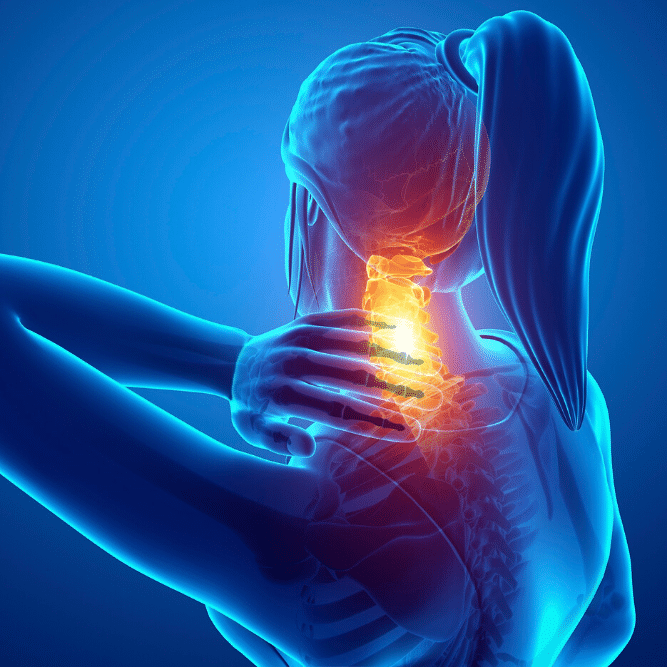
Every year, there are up to 50 million car crash injuries. Have you been in an auto accident recently? You may have cervical spine radiculopathy.
But what is cervical spine radiculopathy? And how can it be treated? Read on to find out the answer to all your questions about cervical spine radiculopathy.
Cervical spine radiculopathy is also known as a pinched nerve. It’s when nerve roots near your cervical spine become inflamed, compressed, or damaged.
Cervical spinal radiculopathy causes pain to the arm, neck, back, shoulders, or chest. It can also cause tingling, weakness, and loss of sensation. It can also interfere with your involuntary reflexes.
There are many causes of cervical spine radiculopathy.
These can all be caused by a car accident. So make sure to see a doctor if you experience these symptoms after one to get diagnosis and treatment.
If you go to a doctor for cervical spine radiculopathy, they’ll first need to establish the diagnosis:
Once a doctor determines that you have cervical spine radiculopathy, they’ll choose a course of treatment.
Now you know all about cervical spine radiculopathy. Need an expert medical opinion? We can help!
If you’ve been injured, get help now, call 1-800-897-8440 request an appointment today with one of our top accident injury doctors.
Find A Doctor | New York Doctors | New Jersey Doctors | Connecticut Doctors
Medical Services | Conditions Treated | Insurance | Contact Us | Privacy Policy | Site Map | Terms of Service | Blog | Advertising
This site does not provide or endorse any medical or legal advice. All medical practices listed on this site are independently owned and operated by licensed physicians. Learn more
Copyright © var currentYear = new Date().getFullYear();document.write(currentYear); Injured Call Today. All Rights Reserved.
